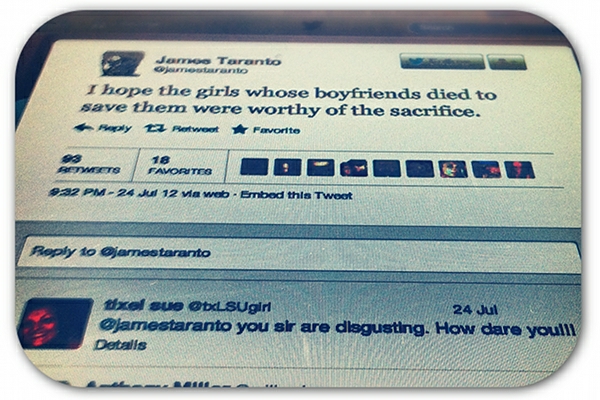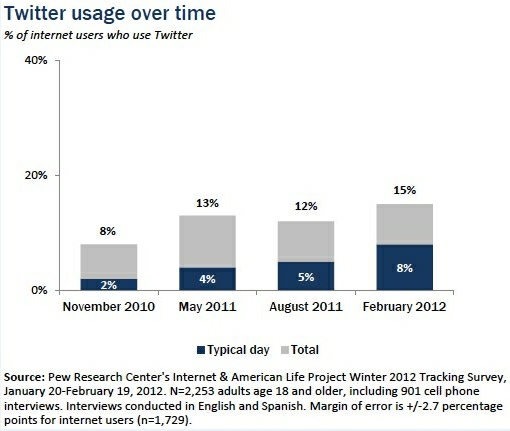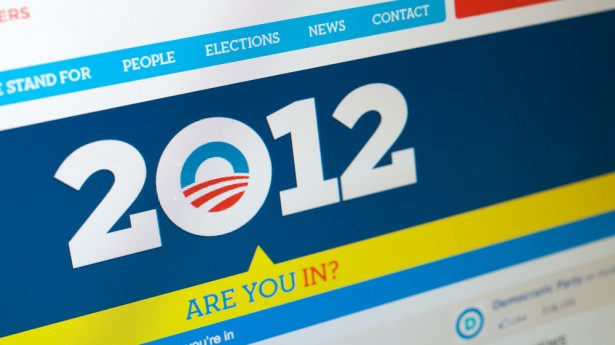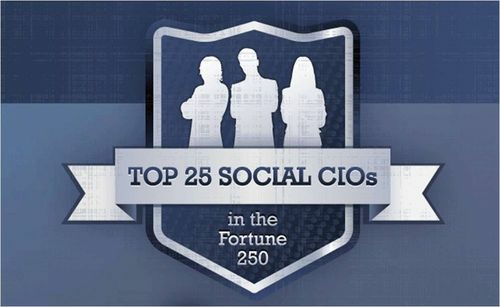Goldman Sachs has finally joined the list of companies that tweet. During its first few days, Goldman produced this string of yawn-inducing tweets before the holiday weekend started:

A writer for CS Monitor offers these tips for Goldman on Twitter, with a healthy dose of skepticism:
1. Be cool. Not everything on your stream has to be PR
2. Tweet research like UBS @UBSAmericas
3. Also join StockTwits and be sure to blast some equity upgrades and downgrades through there - its [sic] where all the tickerhounds and traders and investors are, may as well engage.
4. Follow good people, smart people, not just lame, mainstream, boring, "safe" people
5. Wouldn't kill you to throw some RTs around. You'll probably be at 50k followers before year-end, that kind of thing goes a long way in social media
6. Have some fun, be quirky. Why not change the avatar to a picture of a squid for a day, why not tweet a link to an old Muppet Show clip. This ain't LinkedIn, this is the Twitter, relax.
Goldman has launched this page without a social media manager, for which the company has been advertising. The company describes the position in this way:
"Goldman Sachs Group, Inc. is looking for a Community Manager/Social Media Strategist to serve as the administrator for Goldman Sachs social media communities. In addition to the management of these communities, this person would play a strategic role as initial point of contact for our relationships with representatives of the various social platforms. The Community Manager/ Social Media Strategist will be responsible for ensuring active and engaged communities around a defined topic or topics by managing long-lead editorial calendars, monitoring online conversations and participating in those conversations to build brand visibility and thought leadership. The goal is to establish a positive online presence for Goldman Sachs as well as to integrate our messaging into the online community in a compelling and valuable way for participants. In this role, the Community Manager/ Social Media Strategist will be part of our Brand Management Group."
Although 11,901 followers is impressive in four days, this is no match for "GS Elevator Gossip" tweets that have been active for some time, with 264,000 followers. The GS Elevator tweets are jokes-comments that could be heard on the elevator at Goldman Sachs. They're too racy to publish here, but you can view them on the GS Elevator Twitter page.
Discussion Starters:
- What should be Goldman's approach on Twitter? How would you define the company's objectives?
- Write a few tweets that meet CS Monitor's suggestions.
- The CS Monitor writer suggests changing the Twitter image to a squid and linking to a Muppets video. Do you understand the references for Goldman Sachs?
- This is a holiday weekend. Would you expect Goldman Sachs to tweet on Memorial Day?




















